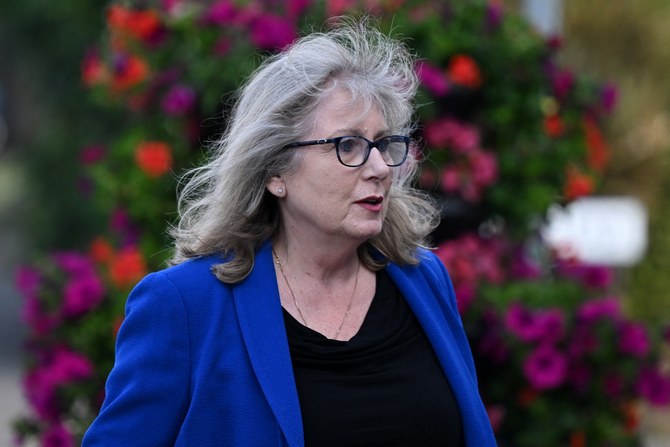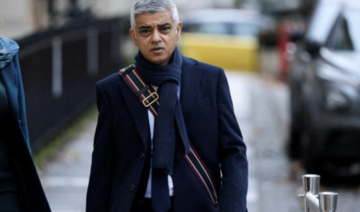KUALA LUMPUR: Netflix could soon have competition from a homegrown entertainment platform in Malaysia which, its makers say, will cater to Muslims’ “halal TV” needs based on Islamic values.
Dubbed “Nurflix,” the platform is Malaysia’s first Shariah-compliant streaming service and has attracted more than 10,000 subscribers since July.
Nurflix is the creation of Syah Rizal Mohamed, who wants to produce and release original content for the platform before its official launch in January.
“We spent $9.7 million for the startup, but the company will produce 1,000 (items of) original content in multiple categories like mainstream, educational, spiritual and motivational and kids, with about 12,000 episodes in the first five years of operating,” the 43-year-old CEO told Arab News.
He also plans for Nurflix to acquire content from local and international producers, as long as they align with the service’s production guidelines, with a focus on markets in Malaysia, Brunei and Singapore before setting up internationally.
“We see ourselves covering the Southeast Asian region in the next five years with our readiness to establish hubs in the Middle East and Europe to gain traction in the international market.”
He said the decision to tap into the streaming service market was driven by the rapid growth of video-on-demand media and consumers choosing this, as well as over-the-top subscription services, as their main form of entertainment.
Consumers agreed that there was a market for a halal content platform.
“The Islamic streaming service just enriches the Islamic entertainment ecosystem because there is a niche for it,” 25-year-old public relations executive Puteri N. Balqis told Arab News.
Media consultant Amir Hadi Azmi said a Shariah-compliant streaming service was an interesting niche, particularly for more conservative users, but that the concept was not unique to Islam or Muslims.
“In America, for example, there is a service called Pure Flix which caters to more conservative Christian viewers,” he told Arab News.
Amir Muhammad, managing director of Kuman Pictures, said that as a producer, the more outlets that were made available to content producers and filmmakers, the better. Kuman Pictures, which is known for releasing horror and thriller content, could create appropriate content if need be.
“I have not seen their actual guidelines, but if they want halal horror, we will give them halal horror,” he told Arab News.
The Nurflix CEO said there would be a Content Advisory Council and that it would be headed and supervised by Habib Ali Zaenal Abidin Al Hamid and the Honorable Ustaz Raja Ahmad Mukhlis.
“Productions, including third-party content providers, will be monitored by the council to ensure the end product abides by the set guidelines. Nurflix is unique in the market because it is not just offering Islamic-guided content. The production will be monitored by the council to ensure all aspects of work are conducted in a Shariah-compliant manner.”
Although there is no formal collaboration with the Islamic Affairs Department, he said that Nurflix’s ideas and concepts had already been shared with Islamic Affairs Minister Dr. Zulkifli Mohamad Al-Bakri.
When contacted by Arab News, the director-general of Malaysia’s Department of Islamic Development Paimuzi Yahya said his department was still working on “collaborating with the streaming service” and declined to comment further.




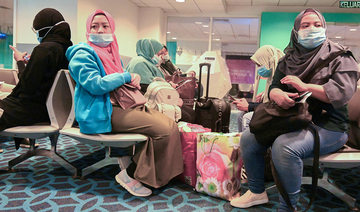




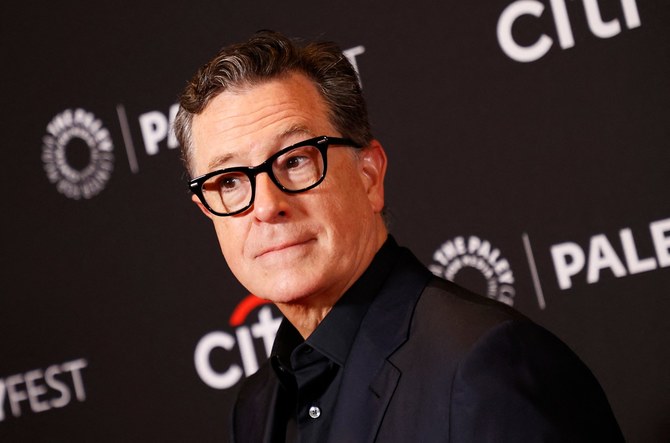

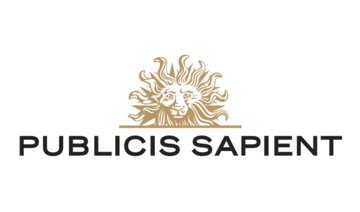


 Based in the company’s Riyadh office, Al-Shathri will be responsible for accelerating business growth in Saudi Arabia and building the operational business and community.
Based in the company’s Riyadh office, Al-Shathri will be responsible for accelerating business growth in Saudi Arabia and building the operational business and community.
